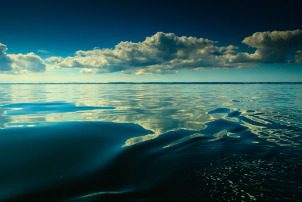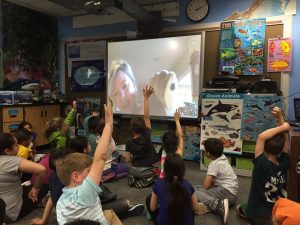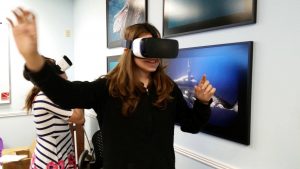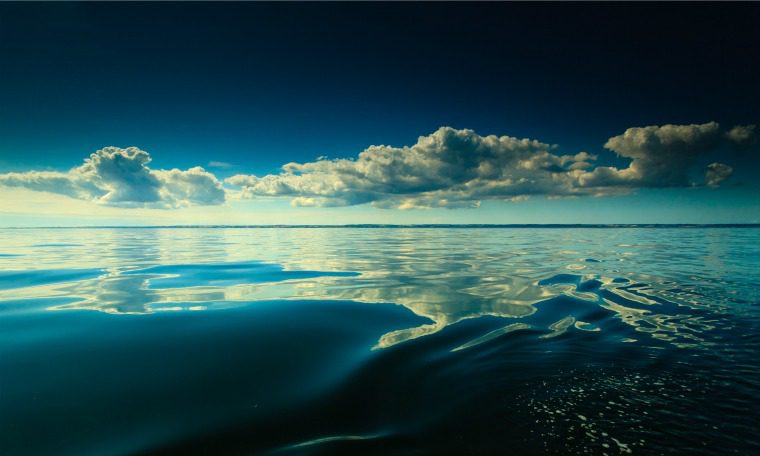 According to the U.S. Department of Education, “Online learning opportunities and the use of open educational resources and other technologies can increase educational productivity by accelerating the rate of learning; reducing costs associated with instructional materials or programs.”
According to the U.S. Department of Education, “Online learning opportunities and the use of open educational resources and other technologies can increase educational productivity by accelerating the rate of learning; reducing costs associated with instructional materials or programs.”
Today, there have been major strides in many of these efforts. Technology use in education has increased, as has online and blended learning use in and out of the classroom, all of which is imperative for today’s digital native learners and members of the future workforce. It’s outside the classroom that I want to discuss. As an educator and marine biologist, I’ve spent many days inside a classroom, but most often my classroom is the ocean.
My love for the ocean started early through family vacations, where I developed a deep sense of connection to the ocean. Things shifted when I was seven, saw Jaws and became terrified of sharks. To overcome this paralyzing fear, I decided to read about them, and realized they weren’t the monsters we see in movies and TV. I was hooked, and this fascination led me to pursue my dream of obtaining my doctorate to study sharks and become an educator.

Today, my role is to promote marine research, education and conservation. For the past 14 years, I have devoted my career to teaching students, particularly young girls, about marine science. My daily work varies. Some days it might be a school visit to conduct hands-on presentations on sharks and conservation. Other days, I may be in the field, leading a group of high school students on a scientific expedition.
The number of young girls who participate in these expeditions is inspiring and makes me hopeful the current ratio of women in science will change. As is stands, there is work to be done. It’s disappointing that ocean science is not taught in many U.S. schools, and this has created a void in our society’s ability to value informed discussions about issues such as global climate change, seafood security and plastic pollution — and the role our future leaders will take in addressing them.
Today’s digital natives learn differently and have demonstrated a need for varied learning vehicles. An ideal solution starts with a learning model hastened by an underlying methodology that combines online and field learning to meld these together.
Ocean and marine life evoke a deep sense of connection and curiosity among young people. It’s crucial to connect today’s digital native learners and members of the future workforce to the ocean to expose them to meaningful science to build environmental stewardship.

In the past, and somewhat today, primary barriers have been access to technology, teacher comfort level using technology, and teacher bandwidth. In the past two years, I’ve worked with 80,000 students in 36 countries through virtual field trips in which students have the chance to learn, interact and ask questions in a personal setting — all to break down these barriers through existing technology.
The ocean impacts our daily lives by moderating climate, producing oxygen and feeding our communities — providing us with the ability to not only survive but thrive. These are important tenets — particularly for children and young adults — and our digital natives are highly curious information seekers. They’re our future leaders, and whether they choose science as a career or not, this multi-layered process of learning and applying that knowledge as they mature will prove invaluable.
To bring the ocean and its mysteries to students in novel ways to understand why species conservation is vital will require the use of blended learning — classroom visits to conduct hands-on activities, interactive webinars, viewing videos, taking online courses and Skype sessions, going on excursions — to bring all this to life. These remove traditional classroom barriers, and carve an open path for passion that science and research can be fun. This path will lead to the notion that young girls, in particular, no matter their preconceptions, can have a rewarding career in science.
Mikki McComb-Kobza is executive director of the Ocean First Institute. To comment, email editor@CLOmedia.com.















